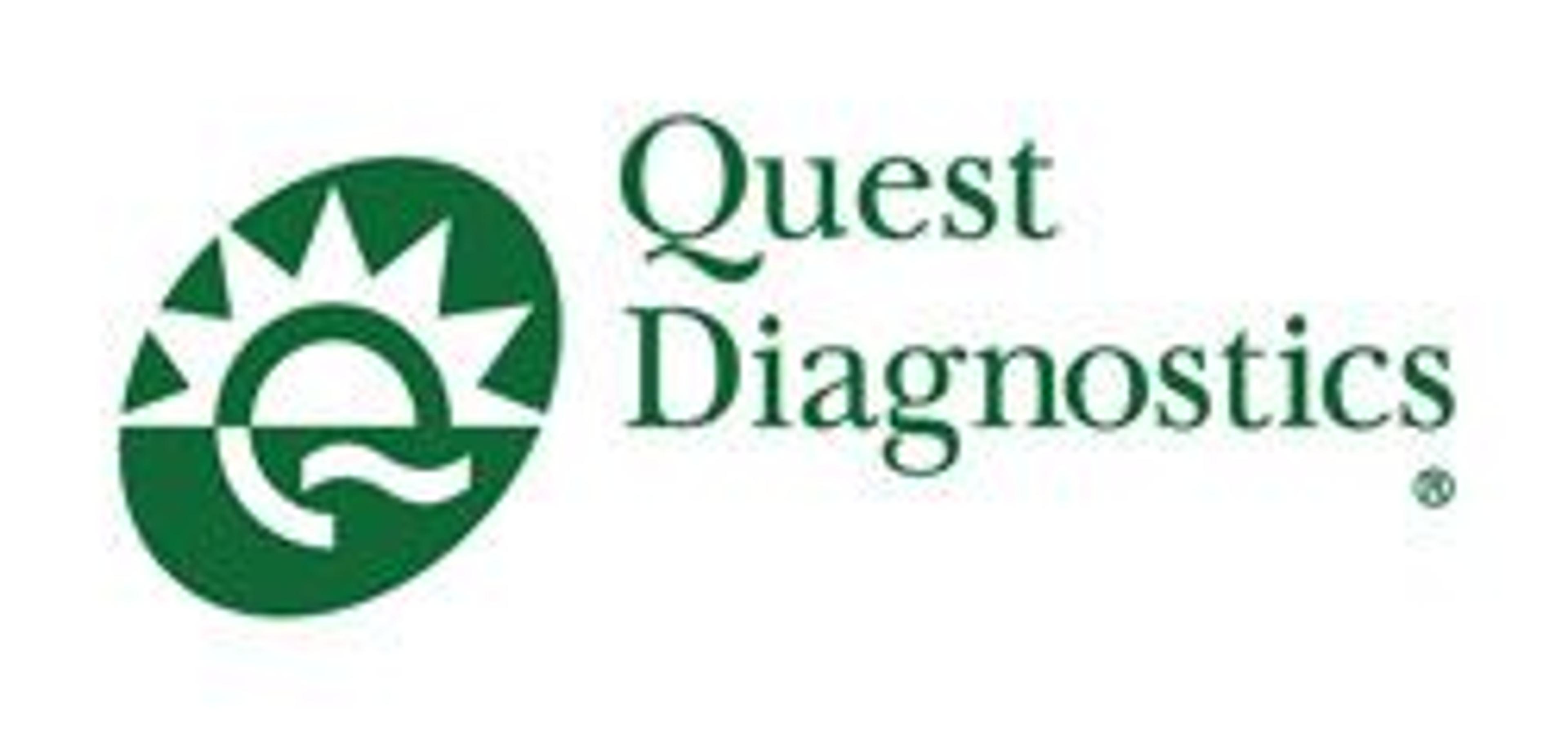Quest Diagnostics Introduces BRCAvantage™ for Inherited Breast and Ovarian Cancers
30 Oct 2013
Quest Diagnostics has announced the availability of BRCAvantage™, a suite of four new lab-developed genetic tests (LDT) that identify mutations in BRCA1 and BRCA2 genes, which are associated with increased risk of inherited breast and ovarian cancers. Serving an estimated 50 percent of U.S. physicians and 30 percent of American adults, Quest is the largest clinical laboratory company to introduce a BRCA test since the U.S. Supreme Court's human gene patent ruling in June created a new era of choice in BRCA testing for patients and their providers.
A national Harris Survey commissioned by Quest documents widespread consumer confusion and lack of awareness about BRCA testing. As new choices for BRCA testing increase, the survey suggests patient confusion and misunderstanding may grow. Concurrent with the introduction of BRCAvantage, Quest is underscoring its commitment to clinician education and to advancing appropriate use of BRCA testing. The U.S. Preventive Services Task Force, American College of Medical Genetics, American Society of Clinical Oncology, National Comprehensive Cancer Network and American College of Obstetricians and Gynecologists, among others, have issued evidence-based guidelines for BRCA testing.
An estimated five percent to 10 percent of female breast cancers are due to inherited gene mutations, with BRCA1 and BRCA2 gene mutations the most commonly identified cause. BRCA1 and BRCA2 mutations are also associated with increased inherited risk of ovarian, male breast and other cancers. Yet, research indicates that BRCA testing is underutilized among appropriate at-risk patients. Quest will address this gap with its unique scale and a service-rich offering that supports the patient journey, beginning with informed consideration of BRCA testing in dialogue with a clinician and genetic counselor. Clinicians can access results of BRCAvantage and Quest's more than 3,000 testing services through the company's secure Care360 connectivity platform, supporting clinical management of the individual patient across a continuum of care.
As part of the BRCAvantage offering, Quest will provide access to third-party genetic counselors to clinicians and patients and a free, concierge-level pre-authorization service that helps expedite access to insurance-covered BRCA testing through any of the thousands of health plans in the Quest network. Patients can submit blood specimen for testing at Quest's more than 2,100 patient service centers located across the United States, for geographic convenience unmatched by any other BRCA test provider.
"We are very pleased that people will now have the option of receiving their BRCA testing through Quest. So many people are familiar with Quest and the laboratory services they provide. FORCE recommends that people who are considering BRCA testing first meet with a qualified genetics expert prior to undergoing testing to assure that they receive credible and up-to-date information, that the appropriate tests are ordered, and that they are properly interpreted," said Sue Friedman, Founder and Executive Director of Facing Our Risk of Cancer Empowered (FORCE). "We applaud Quest for being one of the organizations that is helping us to achieve these goals."
"BRCAvantage is not just a single lab test -- it is a service-rich oncology offering designed to increase access to testing for at-risk patients and maximize the value of diagnostic insights to empower better health," said Quest Diagnostics President and CEO Steve Rusckowski. "This new offering demonstrates our passion for technological innovation and expertise in genetics, cancer and women's health, and how we harness these capabilities to promote excellence in specialty health care and deliver a superior experience for patients and providers."
The BRCAvantage test is performed using next-generation sequencing and multiplex ligation dependent probe amplification (MLPA) to detect all published deleterious mutations in BRCA1 and BRCA2. If a gene variant is identified, it is cross referenced with mutational databases to promote reliable clinical interpretation. Quest also plans to support open access to patient-consented de-identified BRCA data to promote research and innovation in the field.
"Quest stands for the power of knowing," said Jon R. Cohen, M.D., Senior Vice President and Chief Medical Officer, Quest Diagnostics. "Making sure patients have access to a genetic test with proven clinical value is essential. Patients need to understand their cancer risks in order to make the most informed and timeliest decisions about their health. While not every woman should get a BRCA test, Quest has a special opportunity to ensure every woman for whom BRCA testing is indicated can access this important technology."
BRCA1 and BRCA2 are genes with known mutations responsible for increasing the risk of hereditary breast and ovarian cancer and associated cancers in women, and for prostate and breast cancer among men. Genetic testing is recommended for people with an immediate family member diagnosed with breast cancer at age 45 or younger; a personal history of breast cancer at age 45 or younger; a family member diagnosed with ovarian cancer at any age; a personal or family history of both breast and ovarian cancers on the same side of the family; a personal or family history of male breast cancer; Ashkenazi Jewish heritage, or a personal or family history of bilateral breast cancer (both breasts).
BRCAvantage is available as four test options based on a patient's individual risk. BRCAvantage is available today in 49 states and is expected to be available in New York later this year following customary state review.

